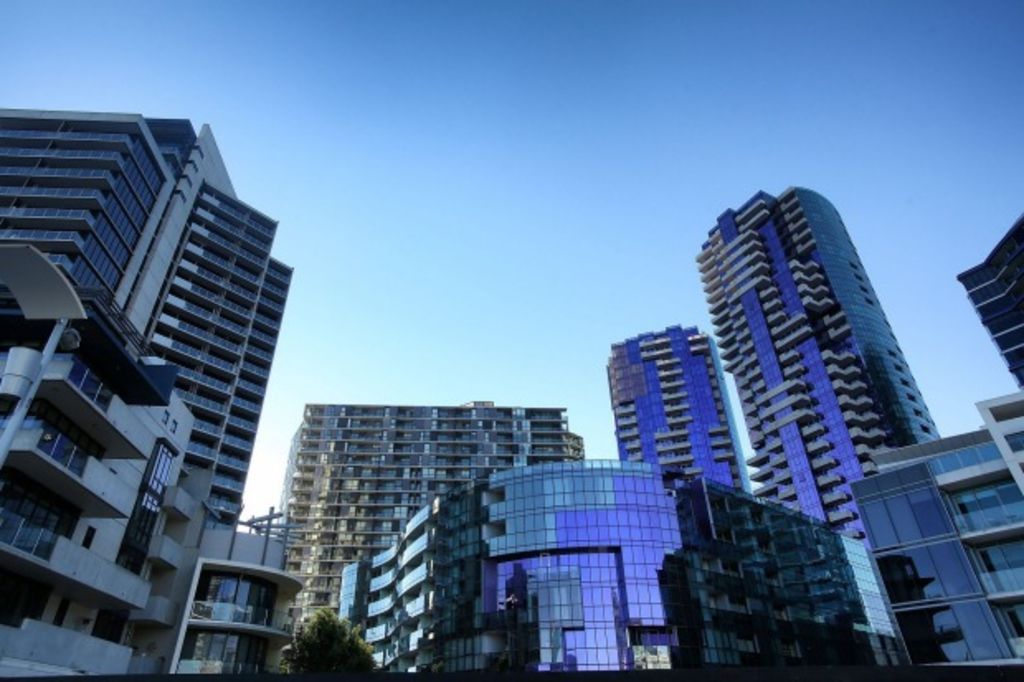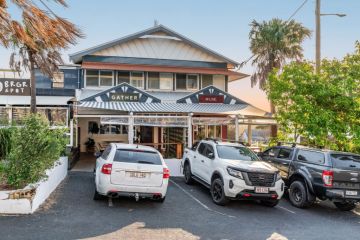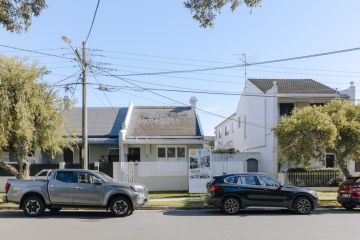Property price crash more likely in Melbourne than Sydney, experts

Both Sydney and Melbourne have experienced significant price growth in the past 18 months, but one city is more at risk of a bust, experts say.
The bulging oversupply of apartments in Melbourne leaves the southern capital more vulnerable to a price correction, according to Wakelin Property Advisory director Paul Nugent.
“Those who are invested in high-rise apartments should definitely be concerned. Their future is one of struggling to find and keep tenants, flatlining or falling rents, and negative capital growth,” Mr Nugent said.
“The CBD already faces the greatest oversupply we’ve ever seen and that is saying something because we’ve followed the booms and busts of the high-rise sector for the last 20 years,” he said.
While in Sydney an undersupply is expected to continue driving the market, in Melbourne the oversupply issues are more prominent, according to research house BIS Shrapnel senior manager of residential Angie Zigomanis.
Mr Zigomanis said Sydney’s growth may slow over the next 12 months.
However, he said it would be rising interest rates that would slow Sydney down, not an oversupply of homes.
“In Sydney, it might take three to four years [for supply to catch up with demand], but there is the possibility that it might not fully catch up if something like rising interest rates choke off demand first,” Mr Zigomanis said.
“In comparison to Sydney, Melbourne isn’t starting from a significant deficiency, so has the potential to tip into oversupply more easily,” he said.
High density areas a no-go
Empower Wealth buyer’s agent and chair of Property Investment Professionals of Australia, Ben Kingsley warned investors off buying into high density areas where supply is expected.
“If you are actually looking to buy an older style unit now in an area that is going to see a strong surge in supply coming on line and an oversupply event is highly probable, you’re picking the wrong time to buy into this area,” he said, pointing to high density areas as the most concerning.
“Historical records and observations more often than not tell us that price growth will remain flat for the two to three year period [sometimes longer] until that stock is absorbed by the marketplace and the area matures,” Mr Kingsley said.
AMP Capital economist Shane Oliver said Melbourne’s building boom was further along than Sydney’s and it had already felt the effects, though doesn’t expect the market to plummet.
“That’s why the market has already slowed,” Dr Oliver said.
“[Price growth] was a lot stronger a year or two ago, and high supply of inner city apartments is a factor in the slow down. On the vacancy rate figures, it will be a dampener,” he said.
We recommend
We thought you might like
States
Capital Cities
Capital Cities - Rentals
Popular Areas
Allhomes
More







